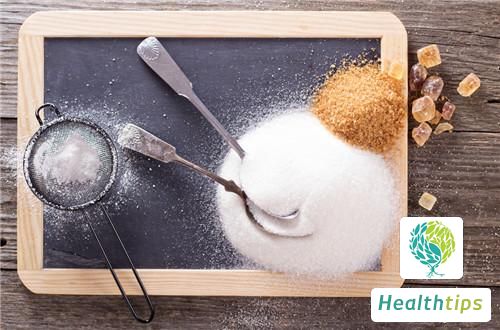The main effect of intravenous glucose infusion is to provide nutritional and energy supplements to the human body. However, it may also lead to an increase in blood sugar levels, especially in people who already have high blood sugar, which may cause damage to pancreatic islet function. If the infusion is too fast, it may cause adverse reactions such as skin itching, fever, chills, etc. For patients with heart failure, intravenous glucose infusion may worsen their condition.
 1. Glucose is one of the main sources of heat for the human body, with each gram of glucose producing 4 calories (16.7kJ) of thermal energy. Therefore, it is used to supplement heat and treat hypoglycemia. When glucose and insulin are administered intravenously together, potassium ions are required for glycogen synthesis, which allows potassium ions to enter cells and decrease blood potassium levels, thus treating hyperkalemia. Hypertonic glucose injection can be rapidly administered intravenously for tissue dehydration and can be used as a tissue dehydrating agent. Additionally, glucose is the main substance that maintains and regulates the osmotic pressure of peritoneal dialysis solutions.
2. Glucose is a sugar that can be directly absorbed and utilized by the human body. Patients often have weak bodies and lack energy, but they may not feel like eating. Therefore, intravenous glucose infusion can quickly replenish the energy needed by the patient's body, allowing them to better improve the effectiveness of their immune system.
3. Intravenous glucose injection may cause fever. If the injection is too fast, it may cause arrhythmia, even cardiac arrest, vomiting, and nausea. It can also lead to hypercalcemia, which may manifest as constipation, lethargy, persistent headache, loss of appetite, a metallic taste in the mouth, abnormal dry mouth, etc., in the early stages. Later symptoms may include mental confusion, hypertension, sensitivity to light in the eyes and skin, nausea, vomiting, arrhythmias, etc.
1. Glucose is one of the main sources of heat for the human body, with each gram of glucose producing 4 calories (16.7kJ) of thermal energy. Therefore, it is used to supplement heat and treat hypoglycemia. When glucose and insulin are administered intravenously together, potassium ions are required for glycogen synthesis, which allows potassium ions to enter cells and decrease blood potassium levels, thus treating hyperkalemia. Hypertonic glucose injection can be rapidly administered intravenously for tissue dehydration and can be used as a tissue dehydrating agent. Additionally, glucose is the main substance that maintains and regulates the osmotic pressure of peritoneal dialysis solutions.
2. Glucose is a sugar that can be directly absorbed and utilized by the human body. Patients often have weak bodies and lack energy, but they may not feel like eating. Therefore, intravenous glucose infusion can quickly replenish the energy needed by the patient's body, allowing them to better improve the effectiveness of their immune system.
3. Intravenous glucose injection may cause fever. If the injection is too fast, it may cause arrhythmia, even cardiac arrest, vomiting, and nausea. It can also lead to hypercalcemia, which may manifest as constipation, lethargy, persistent headache, loss of appetite, a metallic taste in the mouth, abnormal dry mouth, etc., in the early stages. Later symptoms may include mental confusion, hypertension, sensitivity to light in the eyes and skin, nausea, vomiting, arrhythmias, etc.




















